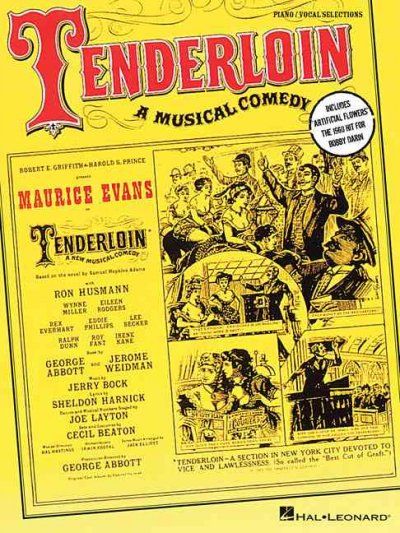

Finally, the court rejected plaintiff's argument that the district court erred in its ruling in Vimeo’s favor as to plaintiffs’ reliance on the doctrine of willful blindness. The court remanded for reconsideration and further proceedings.

Because, on a defendant’s claim of the safe harbor, the burden of showing facts supporting a finding of red flag knowledge shifts to the plaintiff, and the district court appears to have denied Vimeo’s motion for summary judgment as to a number of videos on this issue based on a test that would improperly deny service providers access to the safe harbor, the court vacated the denial of Vimeo’s motion for summary judgment on that issue. The court also concluded that various factual issues that arise in connection with a service provider’s claim of the safe harbor are subject to shifting burdens of proof. Therefore, the district court’s grant of partial summary judgment to plaintiffs with respect to Vimeo’s entitlement to the safe harbor for infringements of pre-1972 recordings is vacated. In this interlocutory appeal on certified questions from rulings of the district court interpreting the DMCA, the court concluded that the safe harbor of section 512(c) does apply to pre-1972 sound recordings, and therefore protects service providers against liability for copyright infringement under state law with respect to pre-1972 sound recordings, as well as under the federal copyright law for post-1972 recordings. Plaintiffs filed suit against Vimeo alleging that Vimeo is liable for copyright infringement by reason of 199 videos posted on the Vimeo website, which contained allegedly infringing musical recordings for which plaintiffs owned the rights. 512(c), establishes a safe harbor which gives qualifying Internet service providers protection from liability for copyright infringement when their users upload infringing material on the service provider’s site and the service provider is unaware of the infringement. The Digital Millennium Copyright Act of 1998 (DMCA), 17 U.S.C.


 0 kommentar(er)
0 kommentar(er)
